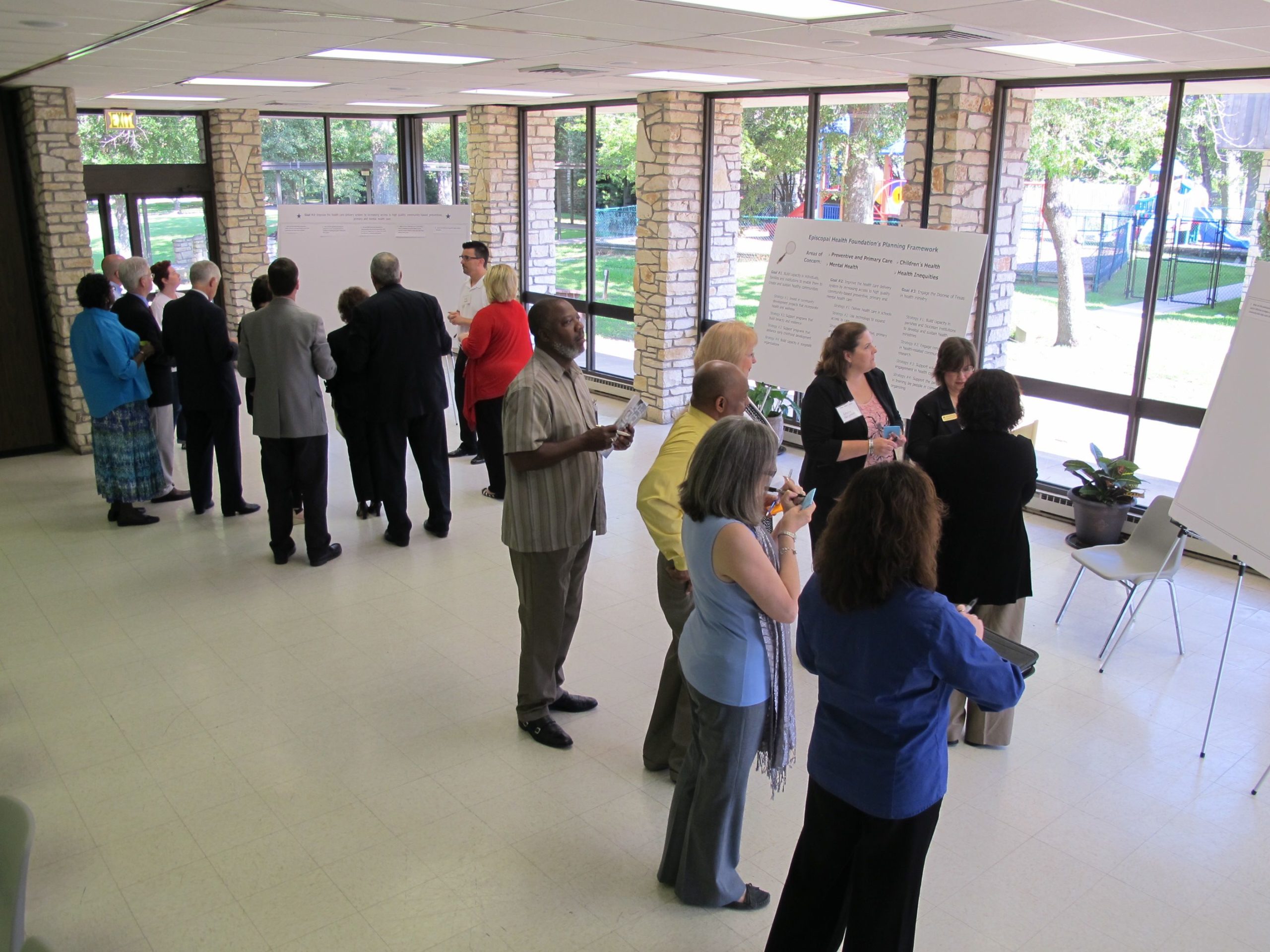
On Sunday, the Houston Chronicle highlighted that approximately one million people, or 1 in 4 Houstonians, is foreign born. The diversity of perspectives in the region, not tied just to ethnicity, demand that local communities work across differences in order to build trust. At the same time, conflicting viewpoints present the possibility of better community solutions.
The second goal in EHF’s Strategic Plan is Building Connected Communities. What do we mean by Connected Communities?
Communities that are inclusive and leverage their strengths. Connected communities are in a better position to engage together the forces that undermine health. Connected communities, and the organizations that support them, are better able tackle the root causes of health inequities, as noted in last week’s blog post.
Meanwhile, addressing the root causes of poor health in a community context can be risky business. When getting to the heart of a matter, we may find out that, as stakeholders, we don’t agree on any number of things from cause to solution. What do we do next?
At EHF, we are exploring how communities can successfully create spaces for constructive dialogue in ways that strengthen social networks and ultimately support action for health. Communities that can risk sharing their diverse opinions hash out contrasting perspectives and then find mutually agreeable solutions.
But first there needs to be trust. Trust may require us to accept responsibility for our own contribution to community challenges (or lack thereof). And building trust may entail exposing our limitations and vulnerabilities. It requires sharing our thought processes and our assumptions.
True dialogue means balancing open-minded inquiry with having a viewpoint, and the willingness, upon discovering alternate viewpoints, to make one’s own thinking explicit.
At EHF, we want to know about these difficult community conversations and the learning that comes from such experiences, even those that have failed.
The demanding work of community health transformation relies on complex relationships, networks, and the very human element of give and take within communities and organizations. The convening work that future EHF grantees and other stakeholders will do around tough topics is fundamental to the goal of community health transformation.
One local example of capacity building for community dialogue is an upcoming conference and training: “How do we host multiple voices in powerful conversations about hard topics in Houston,” will take place March 27 and 28. For more information click here.
Do you have a story about trust, dialogue, convening and conflict in your community?
We would love for you to share what you are learning and the tools that you are using to bridge differences within your area.